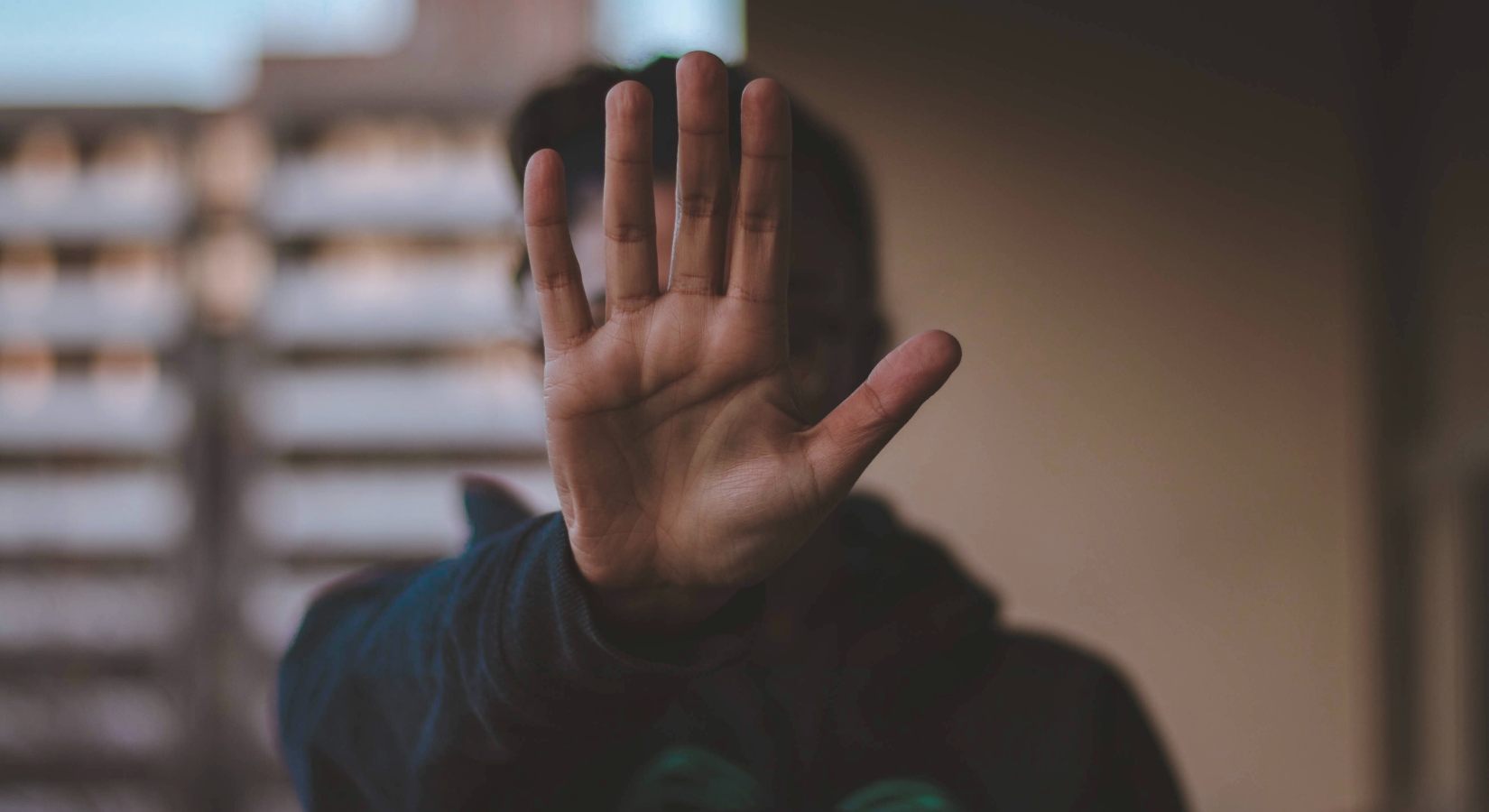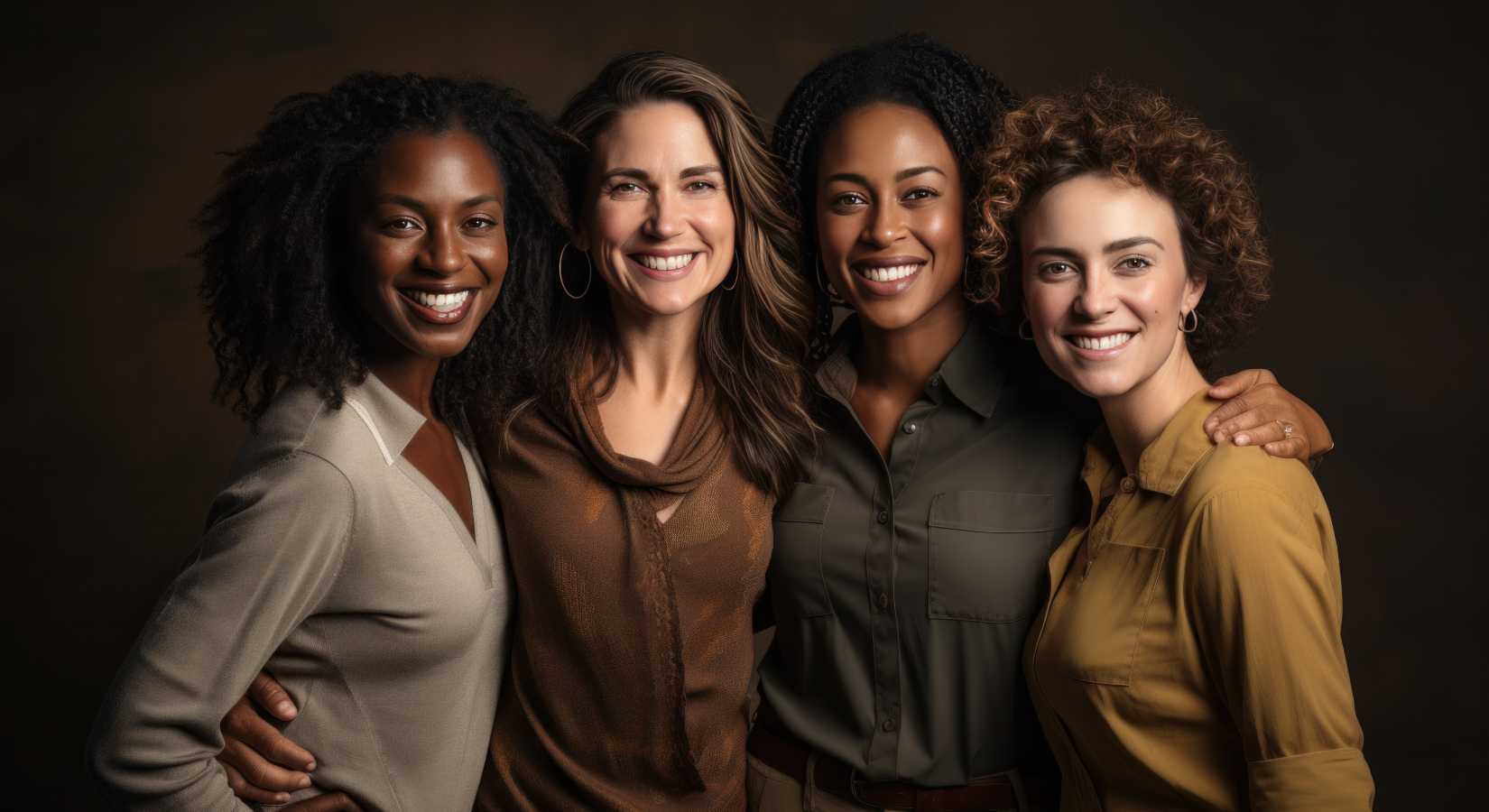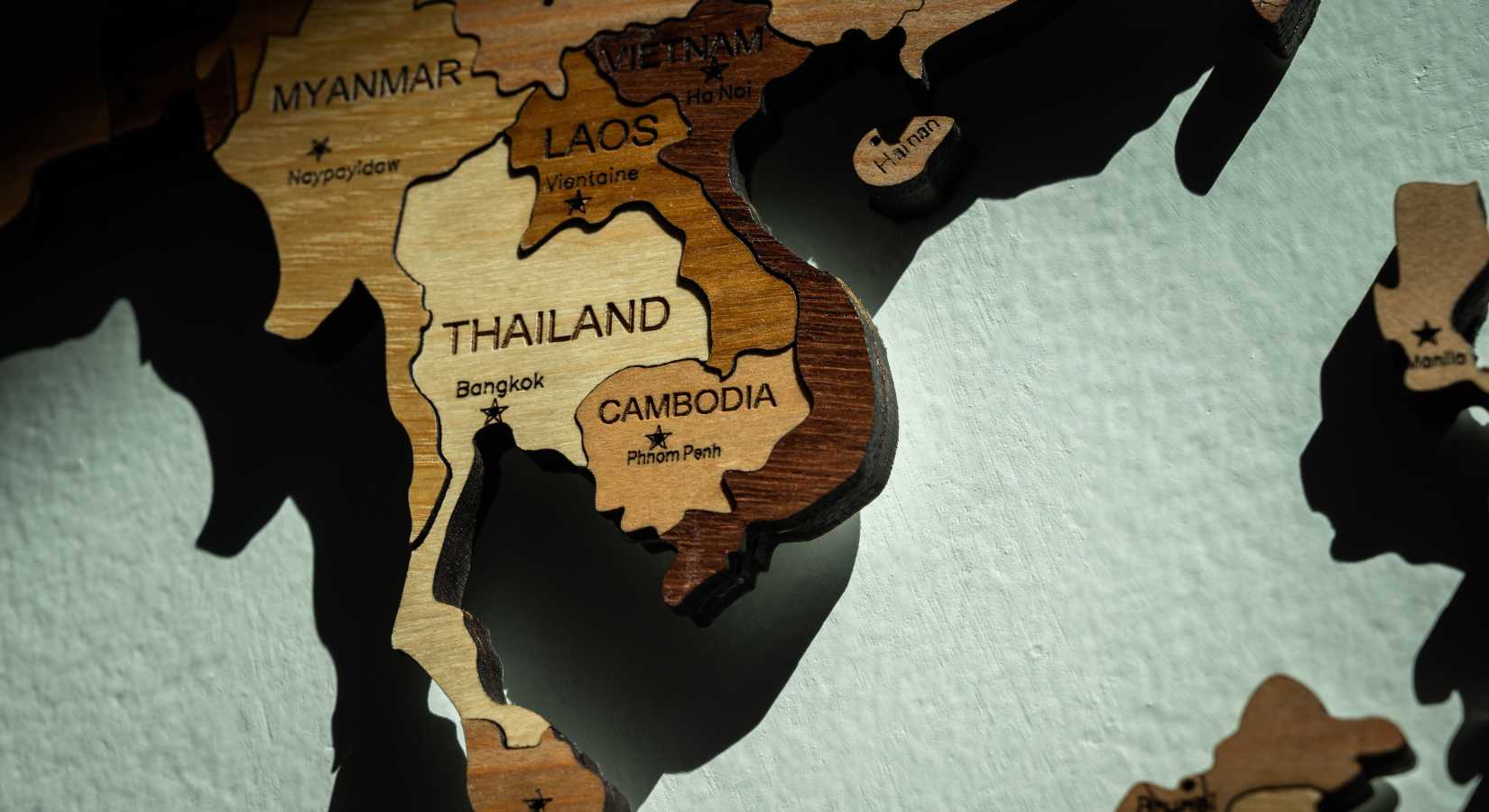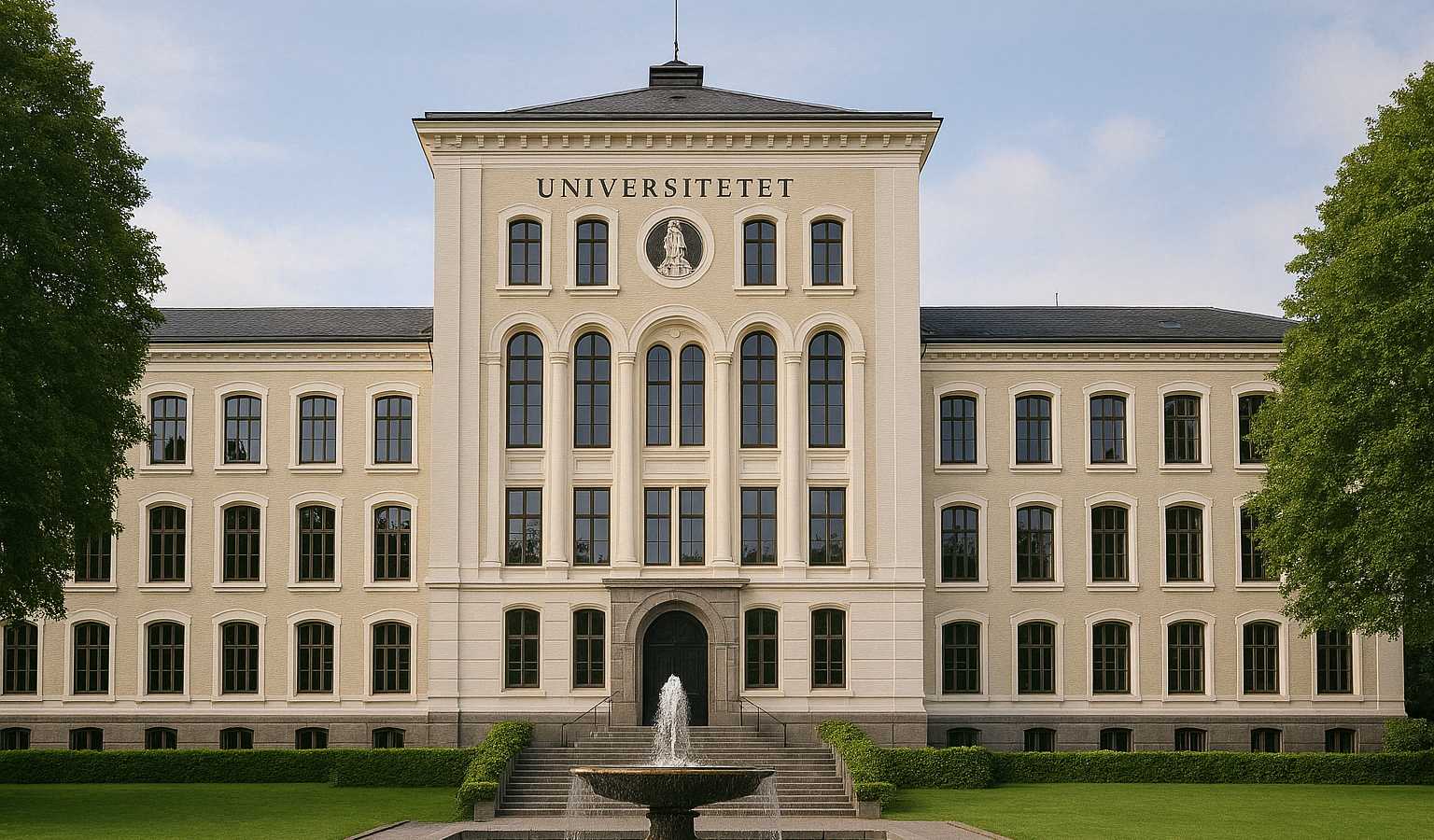30 prosent av Millennials (de født fra begynnelsen av 1980 til midten av 1990-årene) identifiserer seg som LHBTQ, ifølge en snart utgitt studie som snart blir publisert. Blant kristne var tallene lavere – men bare litt, med i underkant av 30 prosent av tusenårskristne som identifiserte seg som LHBTIQ. Det er magasinet Newsweek som skriver.
The portion of the population that describes itself as gay has varied over the years, from 10 percent, based on research by Alfred Kinsey and widely promoted by the National Gay Task Force in 1977, to less than 6 percent in a recent Gallup poll. The pollster who worked on the new study, George Barna, attributes the unusually high number he found to social and news media coverage that makes it “safe and cool” for young Americans to identify as LGBTQ—whether or not it represents their actual sexual orientation.
“It’s a subset of a larger issue, that this is a generation where three out of four are searching for meaning. This is a group that doesn’t have a reason to get out of bed in the morning,” Barna says. “Therefore, the LGBTQ identity gives them comfort. A lot of this generation claim to be moving in that direction, but there’s a big difference between claiming the identity and living the lifestyle.”
The poll looked at so-called Millennials, defined as someone born from 1984-2002, which is about 78 million individuals representing a quarter of the U.S. population.
Among Millennials, 30 percent identify as LGBTQ, more than three times that of the rest of the adult population, and when the researchers broke out the youngest of the group, ages 18-24 (which some call Gen Z), they found 39 percent called themselves LGBTQ.
Barna produced the 124-page study in conjunction with the Cultural Research Center at Arizona Christian University and Foundations of Freedom, a non-profit entity that promotes traditional American values.
The results differed significantly from a February Gallup poll that showed just 5.6 percent of U.S. adults of all ages are not “heterosexual or straight,” though that poll said that 7.6 percent of respondents refused to answer the question and another 5 percent said they had “no opinion” as to whether they are heterosexual or straight. The Gallup survey concluded that one in six Americans ages 18-23 were gay, lesbian, bisexual or transgender.
Barna’s poll is based on a sampling of 600 respondents representing Millennials weighted for factors such as geographic location, race and gender who took an average of 17 minutes each to answer 71 questions.
The poll didn’t ask directly whether the respondent was gay or straight, asking instead to choose an answer to the question: “Thinking about your commitments, would you describe yourself as ….”
Six responses were allowed, with the one garnering the most “yes” answers (75 percent) among Millennials being: “Searching for purpose in your life,” followed by 74 percent who answered: “Believe all religious faiths are of equal value.”
“An American patriot” was next at 55 percent, followed by 54 percent who answered, “Often feel anxious, depressed or unsafe” and 52 percent who answered, “Deeply committed to practicing your faith.”
“Prefer socialism to capitalism” was next at 48 percent and “LGBTQ” was last at 30 percent. The order is similar among the 18-24 demographic that has LGBTQ nine percentage points higher.
“It fits into the larger narrative. Millennials are a group that has trouble creating lasting, meaningful relationships,” says Barna. “If their sense is that some of the people they want to be friends with — and a group they want to be accepted by — is LGBTQ, then they’ll identify with them. It’s about image, belonging and acceptance.”






